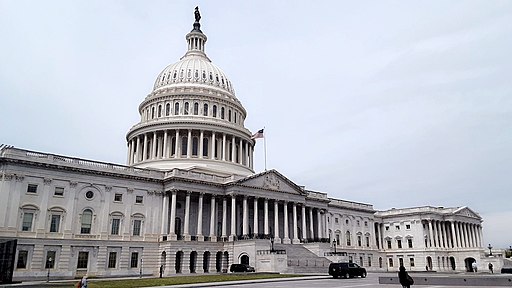Tag: georgia
-
Voter registration deadline for Georgia’s Senate runoff elections is Dec. 7
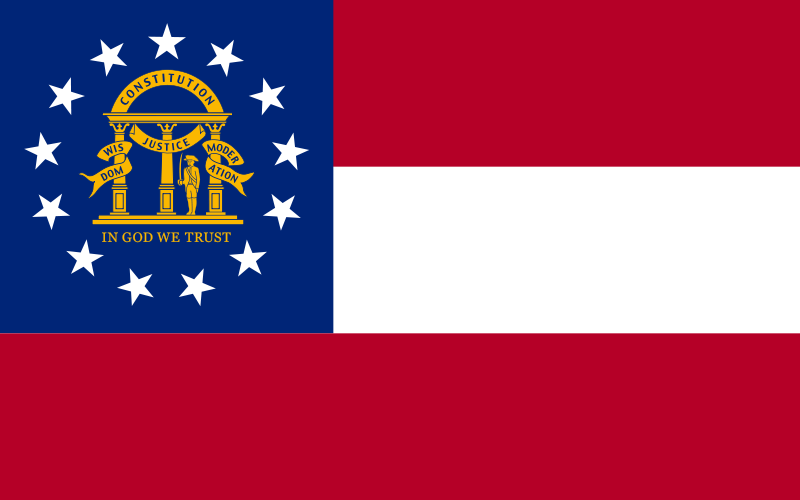
Dec. 7 is the deadline to register to vote in Georgia’s Jan. 5 runoff elections. Eligible voters may vote in the runoff even if they did not vote in the Nov. 3 general elections, as long as they are registered by the deadline. Georgia’s regular and special Senate runoffs will determine control of the next…
-
Sonya Halpern wins Georgia State Senate runoff

A special Democratic primary runoff election was held for Georgia State Senate District 39 on December 1, 2020. A special primary election was held on November 3. The special election was called when incumbent candidate Nikema Williams (D) withdrew from the race after being chosen by the Democratic Party of Georgia to replace incumbent candidate…
-
Kwanza Hall defeats Robert Franklin in Georgia’s 5th Congressional District special election runoff
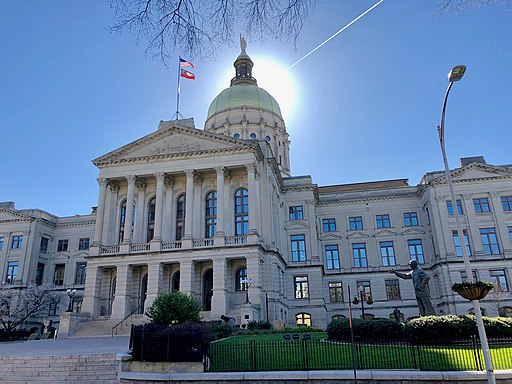
Kwanza Hall (D) defeated Robert Franklin (D) in a special runoff election for Georgia’s 5th Congressional District on December 1, 2020. Hall received 54% of the vote to Franklin’s 46%. Hall will serve the remainder of John Lewis’ (D) congressional term through January 3, 2021. Lewis died on July 17, 2020. Since the runoff took…
-
Introducing Ballotpedia’s Runoff Report, a daily newsletter on Georgia’s runoffs and the fight for Senate control
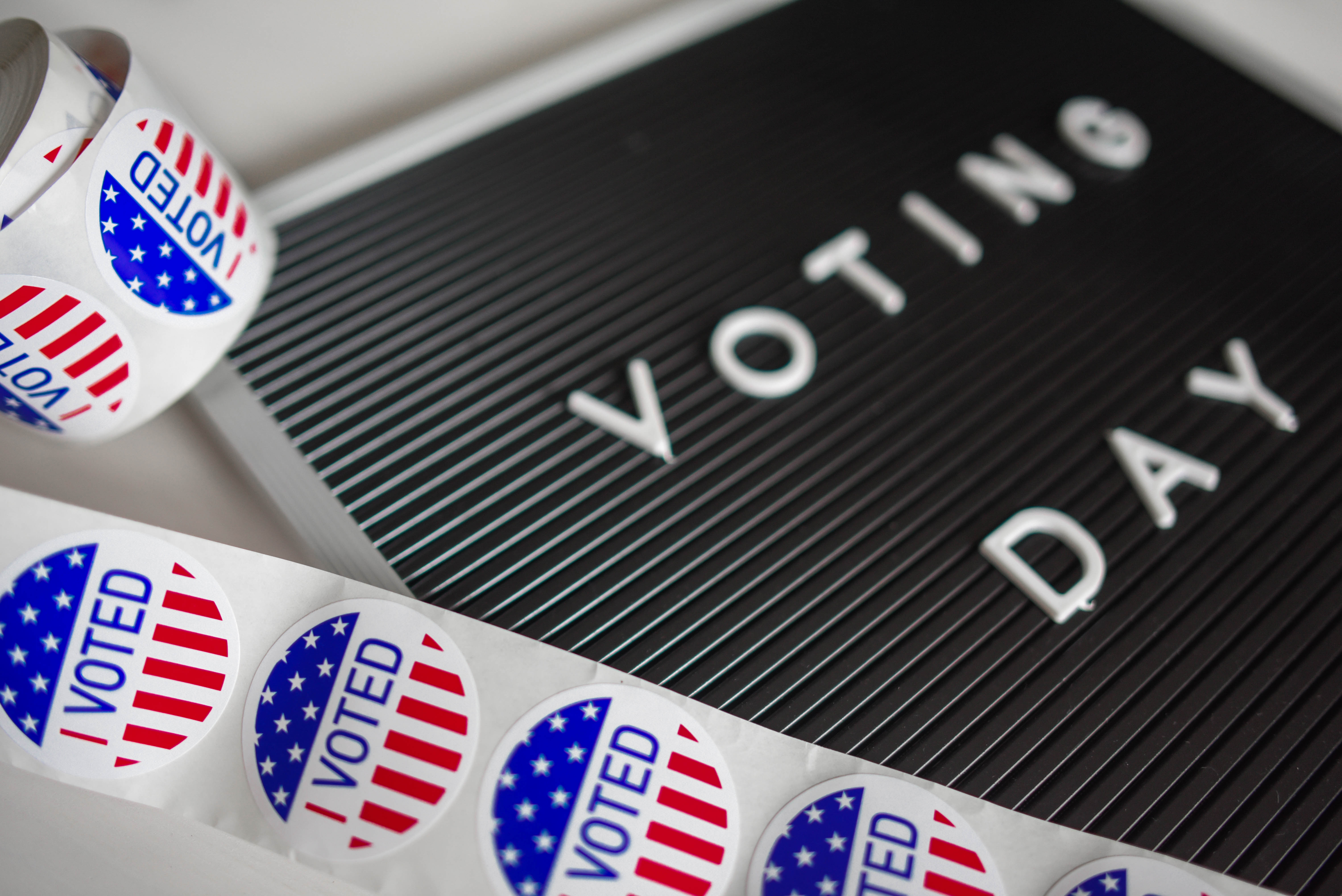
Republicans have secured 50 seats in the next U.S. Senate and Democrats 48 (including two independents who caucus with them). Control of the next Senate will come down to Georgia’s runoff elections. On Nov. 30, we launched Runoff Report, a daily newsletter providing the latest on each runoff and the overarching fight for Senate control.…
-
Special primary runoff election to be held in Georgia State Senate district

The District 39 seat in the Georgia State Senate is up for election in a special Democratic primary runoff on December 1. The primary election took place on November 3, and the top two vote recipients—Sonya Halpern and Linda Pritchett—advanced to the runoff. The special election became necessary after incumbent Nikema Williams (D) withdrew from…
-
Georgia Supreme Court Justice Keith Blackwell retires
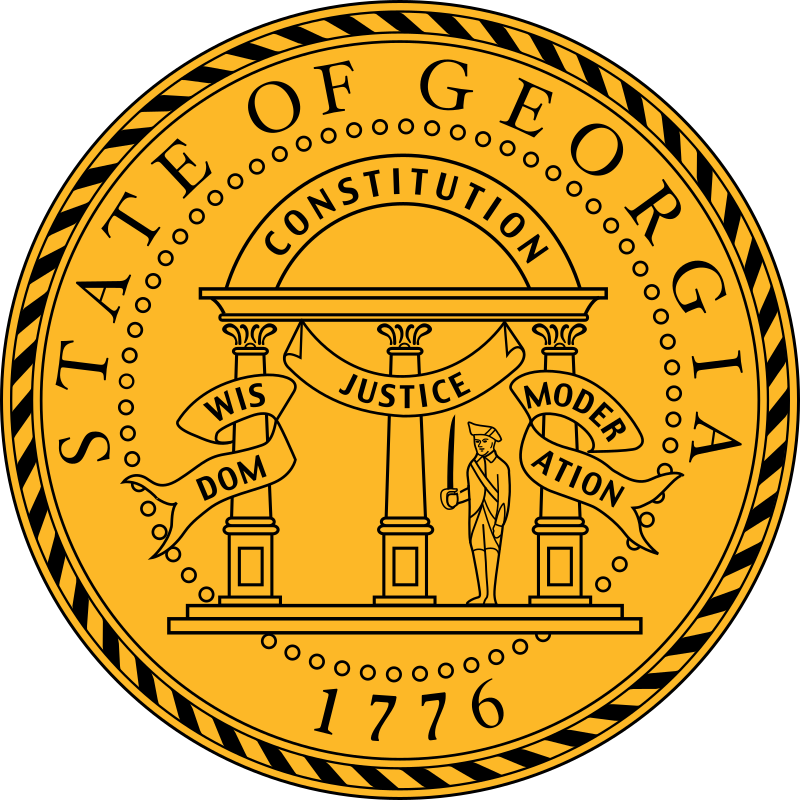
On Nov. 18, Georgia Supreme Court Justice Keith Blackwell retired, citing family obligations and a desire to return to private practice. Gov. Nathan Deal (R) appointed Blackwell to the court in June 2012 to fill the vacancy created by the retirement of George H. Carley. Before serving on the supreme court, Blackwell served on the…


